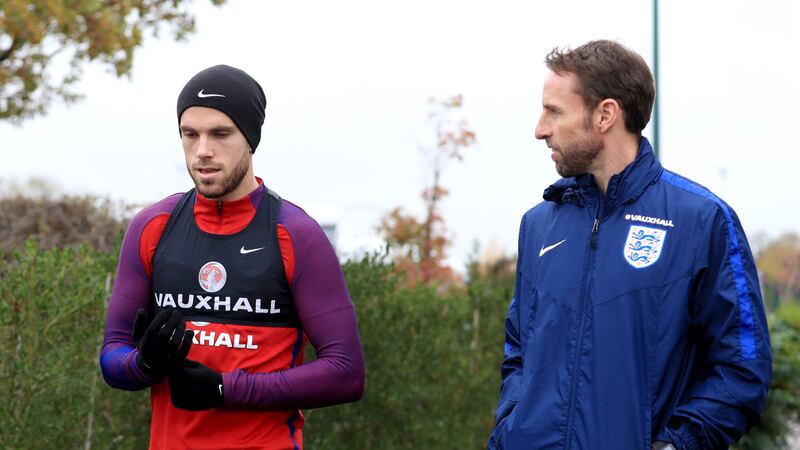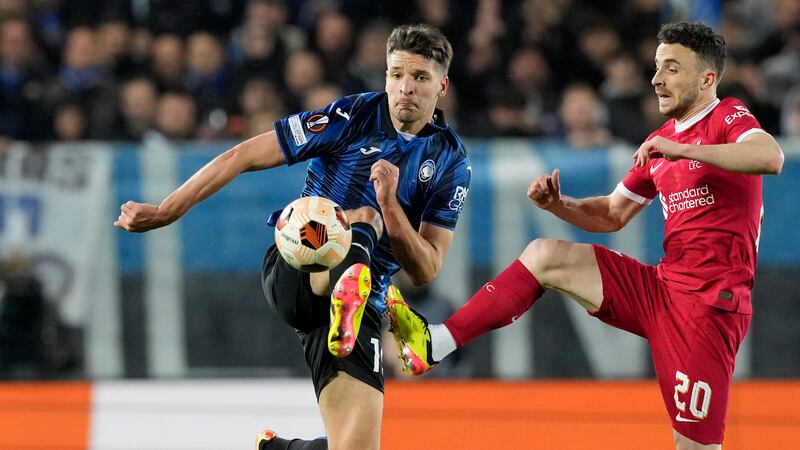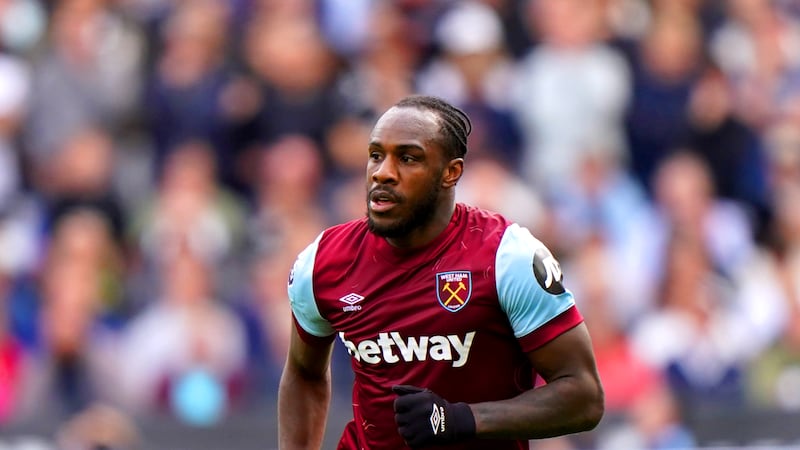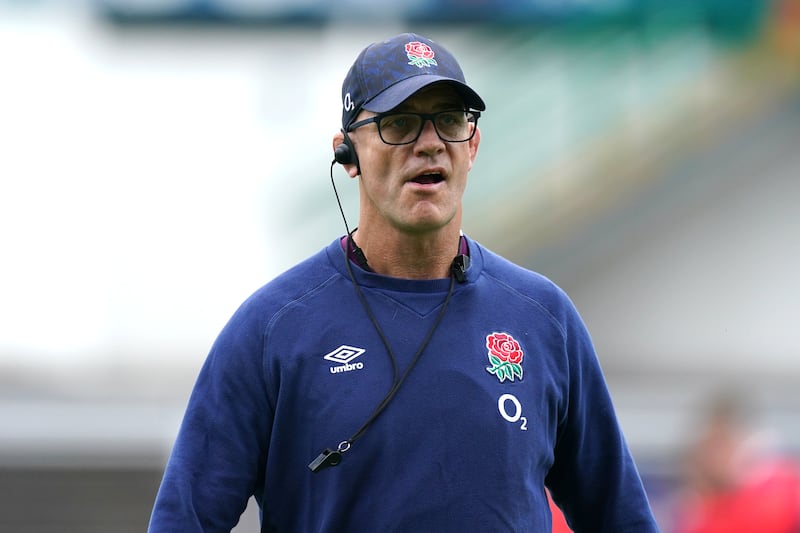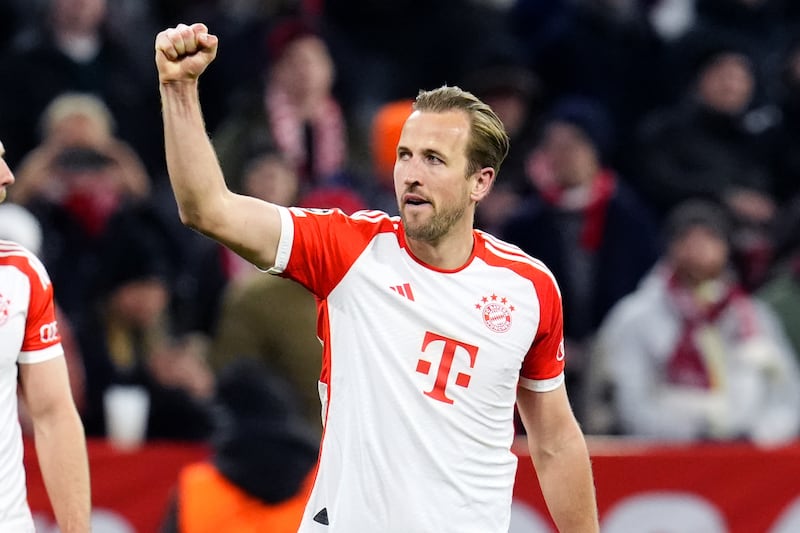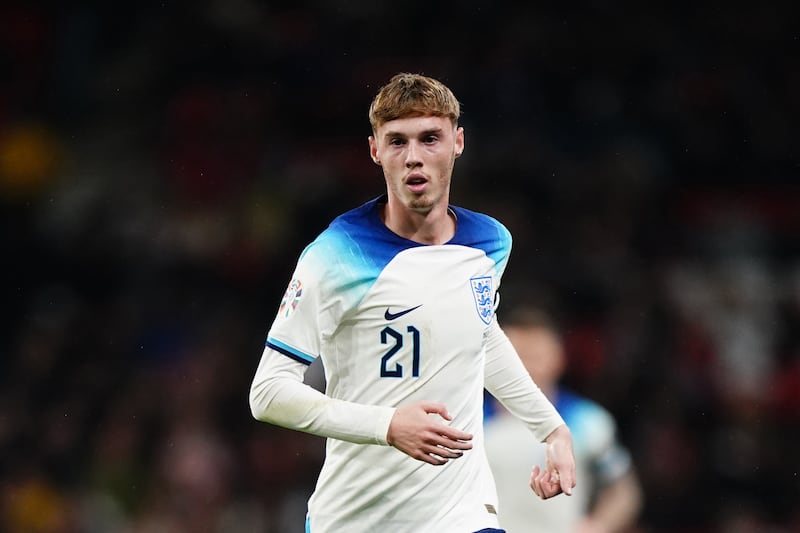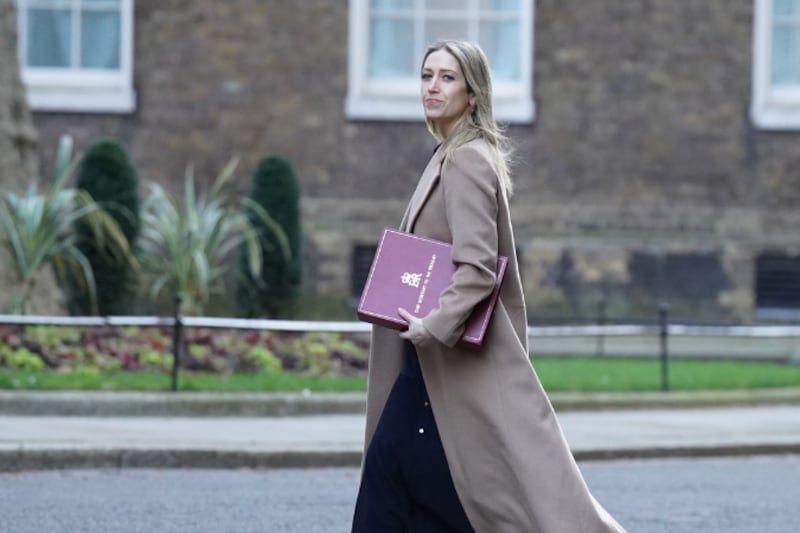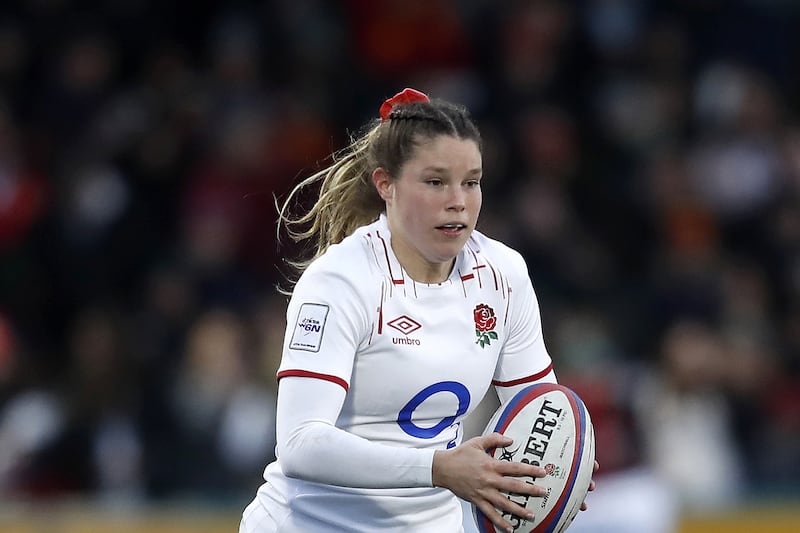Sports writer Max McLean reckons England’s new manager could be just the job.
When you think of Gareth Southgate, one of the first phrases that comes to mind is probably “nice guy”.
And that’s not a bad thing. In fact, now more than ever, perhaps it’s exactly what England need.
Southgate has had his stabilisers removed and will now take full control of the national team, having replaced the outgoing Sam Allardyce, who it is fair to say left the Three Lions set-up under something of a cloud.
Allardyce in particular was lauded as a “proper football man”, a sub-category of people making up the not-so-beautiful game, usually celebrated for their slightly old-fashioned ways, telling it like it is as they go.
Southgate’s arrival as a nice guy at St George’s Park however is no revolution. His tidy nature and polite disposition are certainly timed well enough to paper over the vast, Big Sam-shaped cracks in the England camp, but Southgate will hope his tenure at England is only further proof that being a nice guy is no disadvantage in the world of football.
The revolution is already under way, you understand.
Claudio Ranieri is a great place to start. Claudio was replaced by one Jose Mourinho in 2004, and while Jose is not strictly speaking a “proper football man”, his career has been fraught with bitterness, media discord and siege mentality.
Ranieri replaced Nigel Pearson, of ostrich ranting fame, and was different – he gave his players pizza and he embraced the press. He rebuked journos’ questions with lines such as “Hey man, we are in Champions League!” and they loved him even more. He sang “Dilly ding, dilly dong” and little Leicester won the Premier League.
Further adding to the Premier League’s nice-guy movement is Eddie Howe, who, like Ranieri, has Bournemouth overachieving. The Vitality Stadium houses just under 12,000 people.
Howe exhibits less jollity than Ranieri, but has a very progressive approach. He took the Cherries from League One to the Premier League in three years, and currently his side sit 12th in the league and look comfortable in their second season.
He refuses to throw his toys out of the pram, a case in point being several penalty appeals turned down in a 3-1 away defeat at Arsenal, but instead faces such adversity with admirable dignity. His side play modern football and his project is succeeding.
And finally, Jurgen Klopp. A bit off the wall and sometimes even angry, but Jurgen is as far from a “proper football man” as anybody. He is funny, articulate, inclusive, hugs his players after the game; above all, he’s nice.
And the common denominator between all these managers? Success.
So what can we expect of Gareth Southgate? Well, certainly his personality is no guarantee of success – it’s going to take more than a kind face and a lack of scandal to guide England past a major tournament quarter-final.
But Southgate’s experience within the England set-up is perhaps his most attractive quality. Three years with Middlesbrough have been reinforced with a spell nurturing one of the best under-21 sides the country has seen in recent memory, winning the 2016 Toulon Tournament for the first time since 1994.
If the FA’s project has been at all worth pursuing, Southgate is the manager to give it the acid test on the big stages. Does it help that he’s a nice guy? It certainly can’t do any harm.
